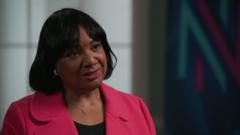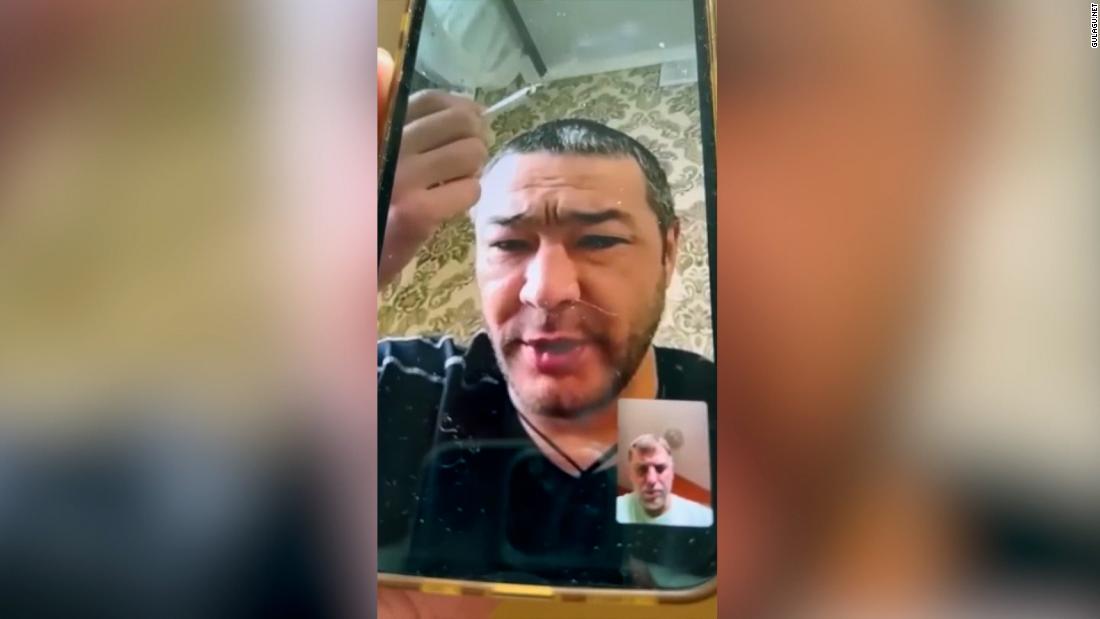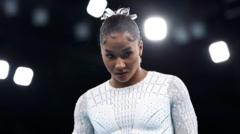Vice President Kamala Harris, eager for another opportunity to confront former President Donald Trump, readily accepted CNN’s invitation to a second debate on Oct. 23. Trump quickly declined, citing a litany of reasons for avoiding another encounter.
Harris’s motivation is pretty obvious. There has been a strong consensus that she won the first debate on Sept. 9 on ABC by repeatedly baiting Trump into losing his composure and veering off into a series of disjointed rants.
It was a great strategy, well executed by the former courtroom prosecutor who earned her chops trying violent felonies — including homicides and child sexual assaults — in Oakland and San Francisco. As a long-time trial advocacy professor at the Northwestern Pritzker Law School, I admired Harris’s technique.
It had been anticipated, for example, that she would avoid shaking Trump’s hand, given his history of race and gender-based insults. Instead, Harris walked assertively across the stage and held out her hand, surprising Trump at his podium, while establishing that she would not be intimidated by his usual bullying.
I teach my students that command of the courtroom — or stage, in this case — is a crucial opening move. It focuses attention and signals confidence in your case. For the same reason, I advise lawyers to step out from the podium, if possible, which is otherwise a barrier between the advocate and the jury (or audience).
The rules of the ABC debate required the participants to stay planted for the cameras, so stepping away, even briefly, was another good move by Harris.
Finally, I counsel my students to show a judicious range of human emotions, neither stiff nor histrionic. Harris did just that.
She spoke forcefully and directly, varying her gestures, pace and intensity for emphasis. She reacted to many of Trump’s answers with visible skepticism, without audibly laughing except when he repeated the ridiculous story that pets in Springfield, Ohio, had been kidnapped and eaten by Haitian immigrants.
In contrast, Trump’s performance was emotionally unvaried, showing anger but little else.
Trump is incapable of introspection, much less of admitting defeat. He insists that he won the debate while grumbling that it was “rigged” against him.
Calling ABC a “terrible network,” Trump complained that moderators David Muir and Linsey Davis ganged up on him – making it “three on one” – by fact-checking some of his answers, but none of Harris’s.
He has a point, but it’s not that the moderators were biased. Trump was actually allowed more rebuttal time than was Harris. He was fact-checked because he repeated fabrications about Haitian pet-eaters, immigrant crime rates and the post-birth “execution” of babies.
Harris may have exaggerated here and there, but she floated no similarly blatant whoppers.
On the other hand, the moderators’ job is to structure the debate by introducing important issues, posing relevant questions and keeping order between the debaters.
Fact-checking can be meaningful in one-on-one interviews. In a debate, however, it is up to the opposing party to contradict false claims. It is fine for a moderator to insist on a candidate’s answer, but unhelpful to argue with one.
Still, Trump keeps boasting of winning. “It was one of my better debates,” he said, “maybe my best debate.”
So why not accept CNN’s invitation, as some Republican strategists have urged? That would give Trump a platform to show more discipline and focus on policy, which might make a difference in a super-tight race.
Trump has acknowledged that the CNN moderators, Dana Bash and Jake Tapper, were even-handed in his June 27 debate with Biden. “Jake and Dana, they treated me very fairly,” he said afterward.
“Our job was to make sure candidates were heard so voters can make informed decisions and we are pleased we were able to do that,” a CNN spokesperson said of the debate. CNN has announced that it would adhere to the same format again.
Trump’s main rationale for refusing another debate is that “it's just too late” because “voting has already started.” An Oct. 23 debate would still be two weeks before the election, however, and Trump could propose an earlier date if he were really concerned about providing information to early voters.
Events in late October always have the potential to influence elections, even after voting has begun.
Trump enjoyed the Senate’s confirmation of Justice Amy Coney Barrett on Oct. 26, 2020, only eight days before he lost the election to Joe Biden. Needless to say, neither he nor Harris will stop campaigning two weeks ahead of election day.
The reality is that Trump fears Harris as a formidable opponent with a trial lawyer’s exceptional skills. She has already beaten him once, and, as of this writing, he is unwilling to risk facing her again.
Trump claims that Harris’s eagerness to debate is a sign of weakness.
“In the World of Boxing or UFC,” he posted on Truth Social, “when a Fighter gets beaten or knocked out, they get up and scream, ‘I DEMAND A REMATCH, I DEMAND A REMATCH!’ Well, it’s no different with a Debate.”
That was the right analogy but the wrong conclusion. Like any good fighter, Harris can tell when she has her opponent on the ropes. She just wants to keep on punching.
Steven Lubet is the Williams Memorial Professor Emeritus at the Northwestern University Pritzker School of Law.















 English (US) ·
English (US) ·